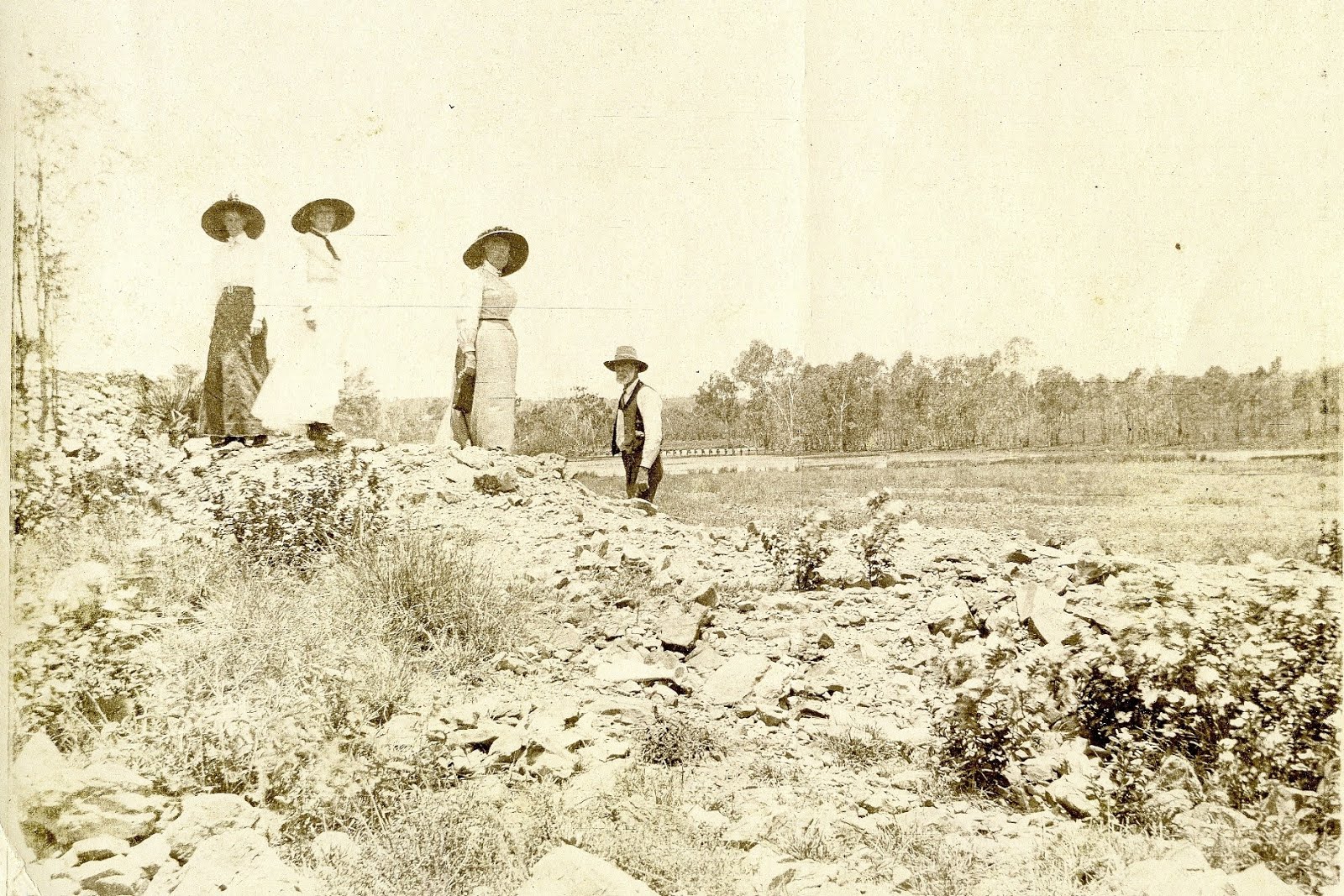Monday 9 November 2015
Kathryn's Inbox: Review: Blurline by TW Lawless
Kathryn's Inbox: Review: Blurline by TW Lawless: Larrikin Aussie journalist Peter Clancy is back and this time around he
Monday 18 May 2015
MY LATEST BOOK: BLURLINE
As you probably know, I mainly write thriller books about a hard-living Aussie journalist.
My latest book is Blurline which is set in London's Fleet Street, in the early 1990's.
Blurline has been inspired by recent and real events
occurring in the media world, particularly in London. You may have read about
the phone hacking scandal in the United Kingdom. Phone hacking is only part of the dark arts of
news gathering.
Would you be surprised that newspapers have employed private
detectives, paid bribes to members of the police force and public officials,
and even had journalists go in disguise?
It’s ruthless and merciless. No
prisoners here. Members of the public are fair game.
All this was a revelation to me. In fact, it made me unwell.
You’d think a press council would have power to stop it?
It would have teeth? Not so. Where are the ethics, you’re thinking?
As an infamous English editor once said, ‘ Ethics?’ Isn’t
that a county east of London?
The line between being ethical and unethical are blurred.
Thus the title, Blurline.
Monday 2 March 2015
THE GALLOPING POET.
 |
| Adam Lindsay Gordon Monument. Melbourne. |
Two
things stand like stone;
Kindness
in another’s trouble,
Courage
in one’s own.
Adam Lindsay Gordon was more the bush poet and outback
horseman than the English gentleman he was meant to be.
Gordon was born in 1833, in the Azores to privileged
English parents. He attended all the right schools, but had a reputation for
running up debts and leading a reckless life. After been expelled from his last
school, his frustrated father decided that Gordon should start over in
Australia.
He took to the Australia, like a pig to mud. He broke in
horses, rode in steeplechases, was elected to the South Australian parliament
and became a published poet. But it is for his riding feats that he is most
remembered for. The most famous occurred
in 1864, when Gordon made his famed leap on horseback over an old post and rail
guard fence onto a narrow ledge overlooking the Blue Lake many metres below and
jumped back again onto the roadway.
In the late 1860’s, he decided to move to Melbourne where
he continued to publish his poetry and ride in steeplechases. In one day, he
won three races. It was here, that he developed a friendship with Thomas
Lawless who was a jockey at the time. It was later on that Thomas joined the
Victorian Mounted Police.
The men developed a friendly rivalry, each trying to
outdo each other with their riding skills. I was once told by an elderly
relative, that the duo jumped their horses over a bark hut for a dare. I can’t
find any reference to the story and I'm surprised that it would be possible. I’ll
have to do some more digging.
Sadly, it didn’t end well for Adam Lindsay Gordon; after
his latest book of poems didn’t sell well and afflicted by injuries sustained
by several falls off horses, Gordon shot himself in 1870.
He is the only Australian poet to have a bust in Poet’s
Corner, Westminster Abbey.
Friday 2 January 2015
SYDNEY TOWN
 |
| San Francisco. 1850. |
‘It was the end of the continent, nobody gave a damn.’
Jack Kerouac.
This blog comes as a footnote to a previous one, A Free
Man, in which I talked about my great,great grandfather, Patrick Bell, taking
off to San Francisco. Further research indicates that Paddy may have been a
member of a criminal gang called the Sydney Ducks.
The Sydney Ducks were one of the more violent criminal
organisations ever set up in America. They had the dubious honour of been California’s first criminal gang. The
majority of them were Irish who had arrived in Australia during
the Irish Famine. Many were labourers. Paddy Bell certainly fitted that
demographic. A few were ex-convicts who had served their time in Australia.
When news of the gold discovery in California hit Australia,
they were on the next boats to San Francisco. However, the Australians soon found that
mining for gold was for idiots and decided that a life of crime was more
lucrative.
The gang set up shop in an area of San Francisco that
became known as Sydney Town ( renamed The Barbary Coast in the 1860's). Sydney
Town soon became a cesspit of saloons, gambling dens and brothels. Assaults, murders, looting, robberies and arson happened
on a daily basis all over the city.
Arson attacks on businesses was the big earner for the
Ducks. While people were distracted
trying to put out the fire, the gang was be looting others. In one major arson attack, the criminals
nearly burnt out central San Francisco. The gang always made sure Sydney Town never burnt; only lighting a fire when they knew the winds
wouldn’t blow in that direction.
In a few months, a hundred people were murdered. The
authorities were either incompetent or corrupt; probably both. The gang members were never prosecuted.
As Herbert Ashbury, says in his book,' The Barbary Coast'; ‘the nearest approach to criminal anarchy that an American city has yet
experienced.’
But the good citizens of San Francisco had had enough. A
vigilante committee was formed and soon after, the lynching’s and deportations started.
It was all over for the Sydney Ducks.
Their two year reign of terror that had lasted from 1849-1851, was over.
Their two year reign of terror that had lasted from 1849-1851, was over.
Subscribe to:
Posts (Atom)


